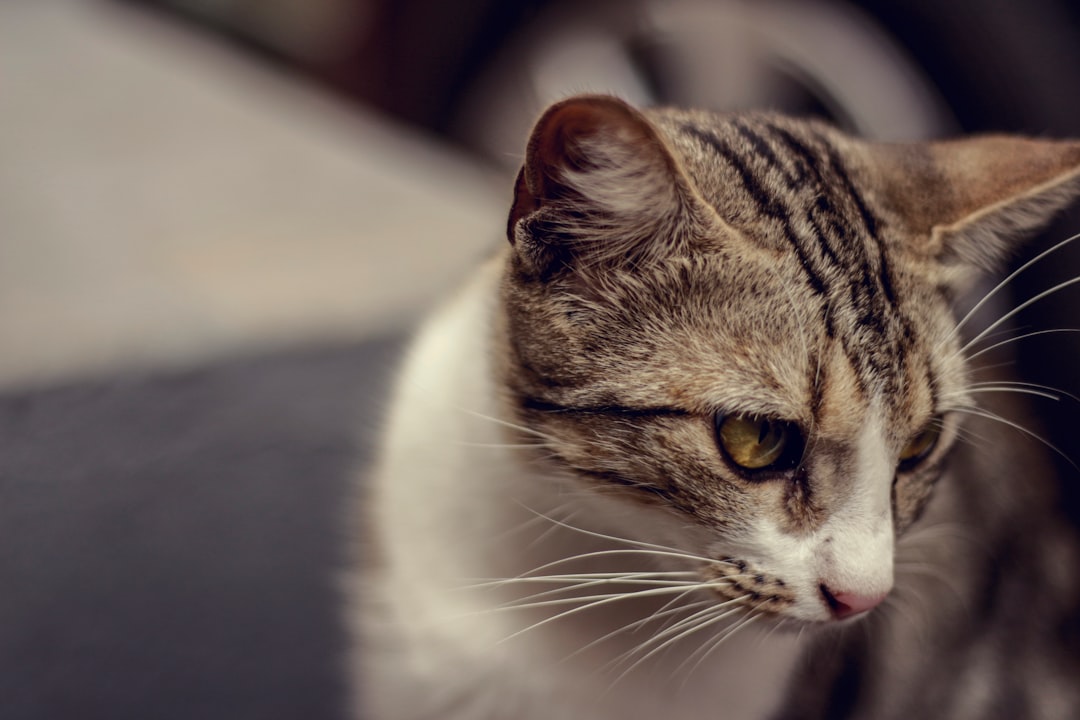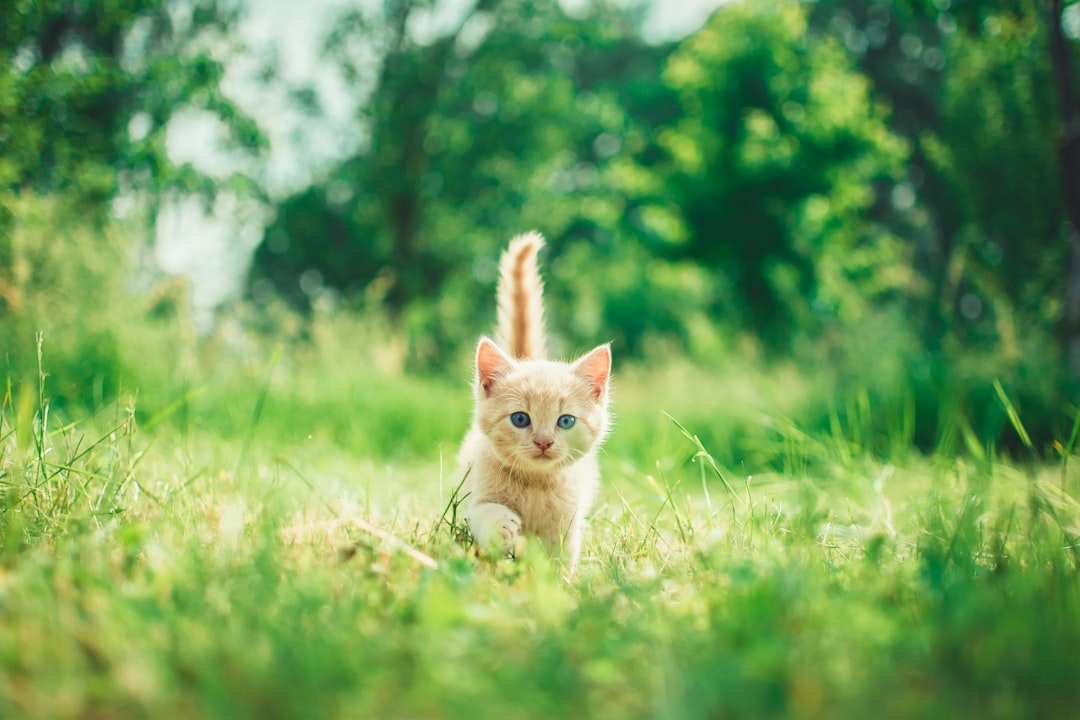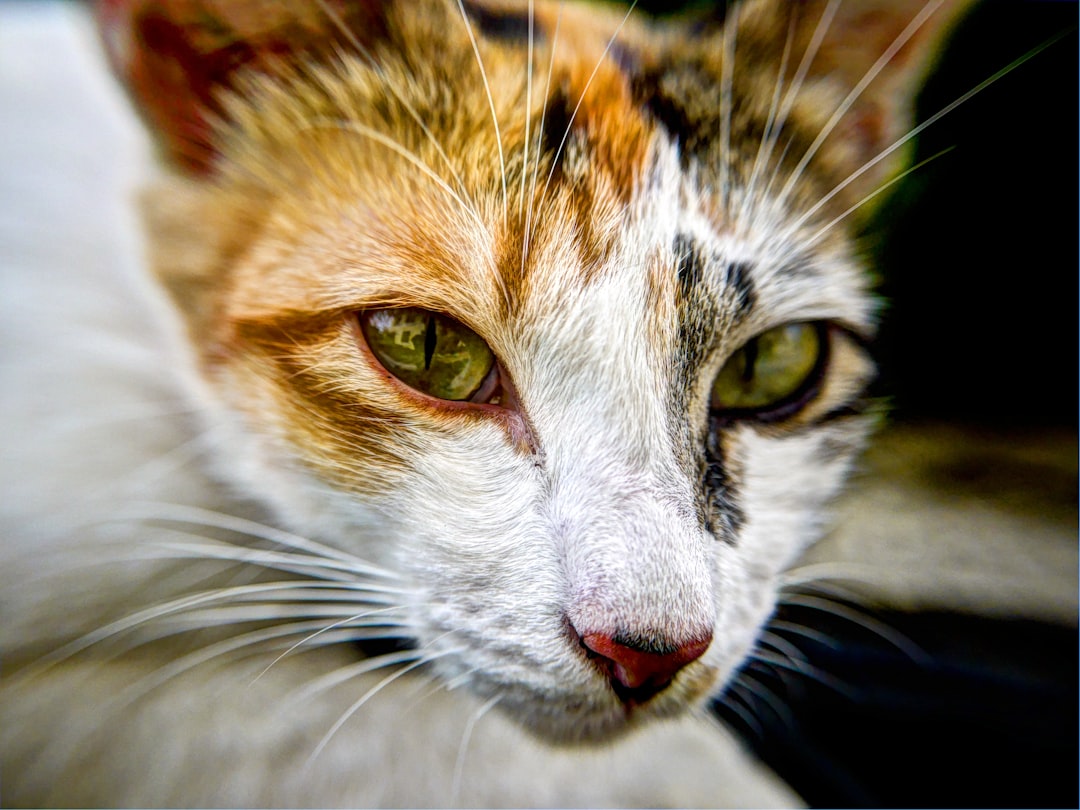As a cat owner, you may wonder, "can cats eat raspberries?" While these vibrant fruits contain beneficial nutrients, it’s essential to understand your feline’s dietary needs. Cats are obligate carnivores, meaning their primary nutrition comes from meat. Nevertheless, certain fruits can offer vitamins and hydration. In this post, we will explore the safety of raspberries for cats, outline their nutritional benefits, and highlight other fruits that are safe and those to avoid, ensuring your furry friend enjoys a balanced diet.
Understanding a Cat’s Dietary Needs
Cats are obligate carnivores, meaning their diet primarily consists of meat. This specific dietary need influences their digestive systems and nutrient absorption. Here are some key points to understand about a cat’s nutritional requirements:
- High Protein: Cats require a protein-rich diet, which supports their overall health, muscle development, and energy levels.
- Essential Amino Acids: Amino acids like taurine, which cats can’t produce themselves, must come from animal-based proteins.
- Minimal Carbohydrates: Unlike humans, cats do not need many carbs for energy. Therefore, their diet should primarily consist of proteins and fats.
- Fatty Acids: Healthy fats are crucial for a cat’s skin and coat health, and they provide sustained energy.
While exploring whether can cats eat raspberries, remember that fruits should only be occasional treats. Fruits do not cater to their primary dietary needs but can offer some variety and pleasure. Moderation is key, ensuring that the majority of a cat’s diet remains meat-focused.
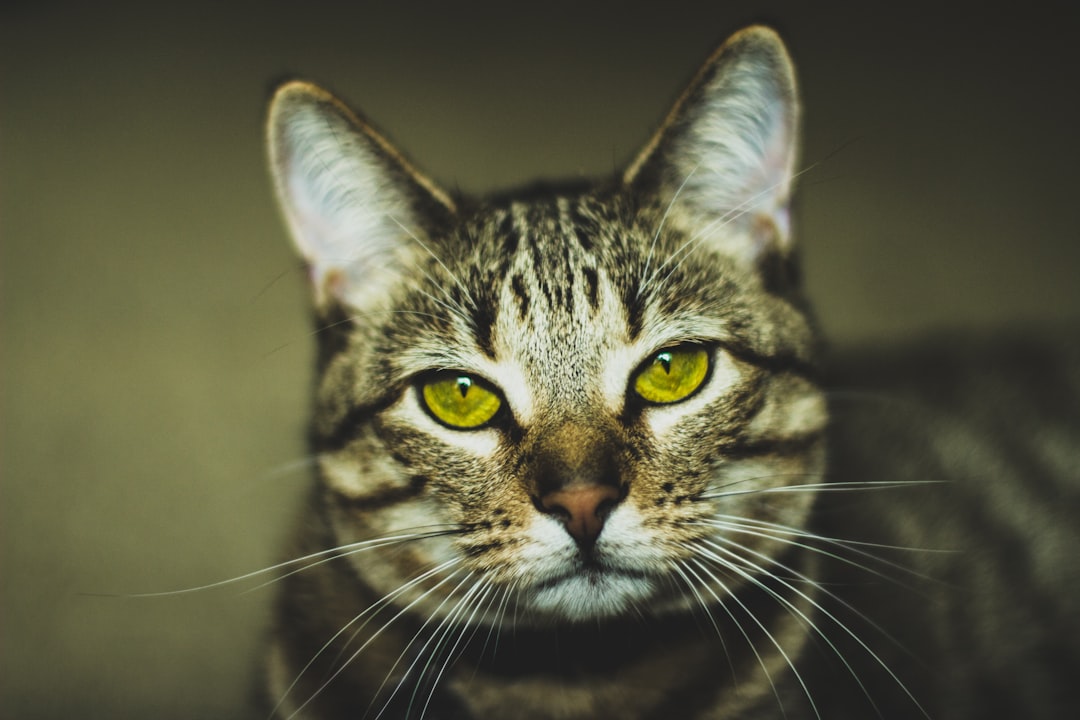
Are Raspberries Safe for Cats?
When considering if can cats eat raspberries, it’s important to evaluate both the safety and potential benefits of this fruit. Generally, raspberries are not toxic to cats, and they can consume them in moderation. Here’s what you need to know:
Nutritional Safety:
- Raspberries are low in calories and provide some vitamins, making them a good occasional treat.
- They contain antioxidants that could support your cat’s health in small amounts.
Moderation is Key:
- Offer only a few pieces to avoid any digestive upset.
- Always monitor your cat for any adverse reactions after introducing new foods.
Natural Instincts:
- Cats are obligate carnivores, meaning their diet should primarily consist of meat. Fruits like raspberries should be supplementary.
In conclusion, while can cats eat raspberries? Yes, they can, but with caution. Always consult with your veterinarian before adding any new foods to your cat’s diet to ensure their digestive well-being.
Nutritional Benefits of Raspberries
When considering if can cats eat raspberries, it’s important to recognize the nutritional advantages this fruit offers. Although cats are obligate carnivores, a small amount of fruit can provide essential nutrients.
Here are some key nutritional benefits of raspberries for your feline friend:
- High in Fiber: Raspberries contain dietary fiber, which can aid in digestion and help maintain a healthy weight for cats.
- Rich in Antioxidants: This fruit is packed with antioxidants that combat free radicals, potentially boosting your cat’s overall health.
- Vitamins and Minerals: Raspberries provide vitamins C and K, which support immune function and bone health.
- Low in Calories: At only 52 calories per cup, they serve as a guilt-free treat when offered in moderation.
| Nutrient | Benefits for Cats |
|---|---|
| Fiber | Aids digestion |
| Antioxidants | Enhances immune function |
| Vitamin C | Supports overall health |
| Vitamin K | Promotes bone strength |
In conclusion, while the question is "can cats eat raspberries," the answer leans towards a cautious yes, provided that they are offered as an occasional treat.
Potential Risks of Feeding Raspberries to Cats
While you might wonder, can cats eat raspberries, it’s important to consider the potential risks involved. Although raspberries are generally safe in moderation, there are specific factors to keep in mind:
Digestive Upset: Some cats may experience gastrointestinal issues from eating raspberries. Common symptoms include:
- Vomiting
- Diarrhea
- Stomach cramps
High Sugar Content: Raspberries contain natural sugars. Excess sugar intake can lead to obesity and diabetes in cats if consumed frequently.
Pesticides and Chemicals: Raspberries may be treated with pesticides or chemicals. Always wash them thoroughly or opt for organic when feeding your cat.
Choking Hazard: Whole raspberries can pose a choking risk for some cats, especially if they are not chewed properly.
To sum up, it’s crucial to monitor your cat after introducing raspberries into their diet. If your cat shows any signs of distress, consult with your veterinarian. Understanding the risks helps you answer the question, can cats eat raspberries while ensuring their health remains a priority.
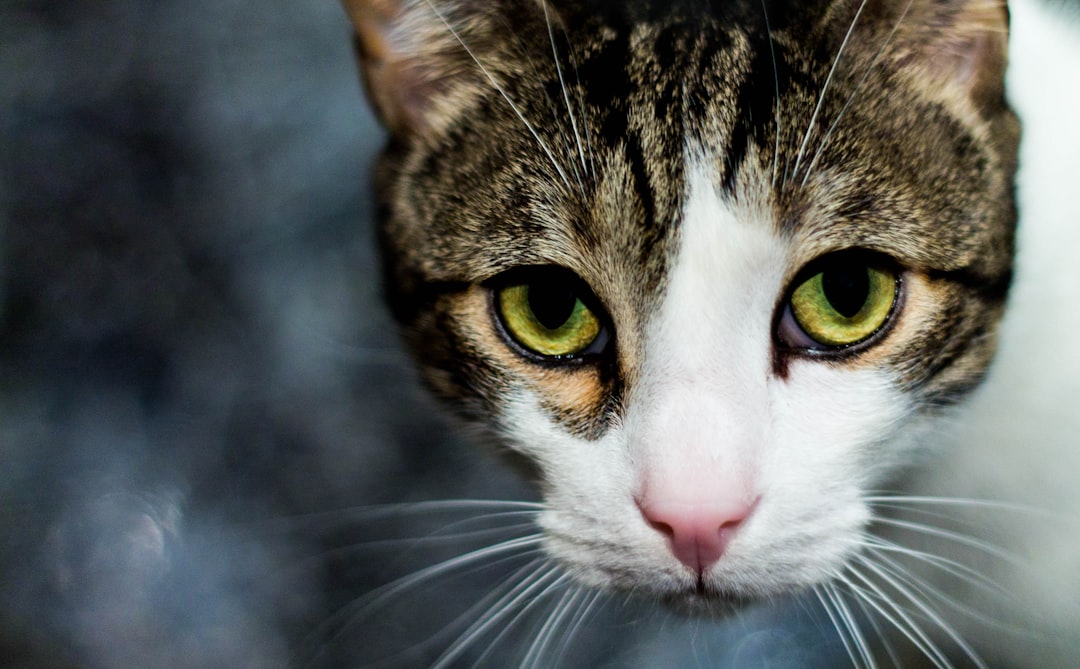
Other Fruits Safe for Cats
If you’re wondering, "can cats eat raspberries," you might also be interested in exploring other fruits that are safe for your feline friend. While not all fruits are appropriate, several options can offer variety and health benefits.
Here’s a list of cat-safe fruits you can consider:
- Blueberries: Rich in antioxidants, these berries can support your cat’s immune system.
- Watermelon: Hydrating and refreshing, watermelon is low in calories and can be given in small, seedless pieces.
- Bananas: Packed with potassium, bananas offer a good energy boost and are generally well-tolerated.
- Apples: Sliced apples (without seeds) are a crunchy treat high in fiber and vitamins.
- Pumpkin: Though technically a vegetable, it’s a great source of fiber and can aid digestion.
Always keep portions small to prevent any digestive issues. Remember that while some fruits, like raspberries, are safe, moderation is key. Introduce any new fruit gradually to ensure your cat reacts positively. By incorporating these fruits appropriately, you can enhance your cat’s diet and overall well-being.
Fruits to Avoid Feeding Your Cat
While many fruits can be safe for cats, certain ones can pose serious health risks. When considering what fruits to include in your cat’s diet, it’s crucial to recognize which ones to avoid entirely.
Here’s a list of fruits that are toxic to cats:
- Grapes and Raisins: Even a small amount can lead to kidney failure.
- Citrus Fruits (like lemons, limes, and oranges): These can cause gastric upset.
- Stone Fruits (such as peaches, plums, and cherries): The pits can cause intestinal blockages, plus the flesh may not be suitable.
- Avocado: Contains persin, which can be harmful to cats.
Due to potential health risks, you might wonder, can cats eat raspberries? While raspberries are generally safe and offer nutritional benefits, it’s essential to offer them in moderation. Always prioritize your cat’s health by avoiding the toxic fruits listed above. Remember, when it comes to your feline friend, safety first!
How to Introduce Fruits into Your Cat’s Diet
Introducing fruits into your cat’s diet can be a delightful experience for both you and your feline friend. However, it’s essential to do this gradually and safely. Here’s how you can go about it:
Start Small: Begin with a tiny piece of fruit. This minimizes the risk of digestive upset and helps your cat adjust.
Choose Wisely: If you’re wondering, can cats eat raspberries, remember these fruits are fine, but also consider bananas, watermelon, or blueberries, as they can be safer options.
Observe Reactions: After offering a new fruit, watch for any signs of allergies or digestive issues, such as vomiting or diarrhea.
Mix with Food: Try diluting fruit by mixing it with their regular food. This may help your cat accept the taste better.
Limit Portions: Fruits should only comprise a small portion of your cat’s overall diet—about 5-10%—to maintain a balanced nutrition.
By following these steps, you can ensure that your cat enjoys fruits safely, making your culinary adventures with them both enjoyable and healthy!
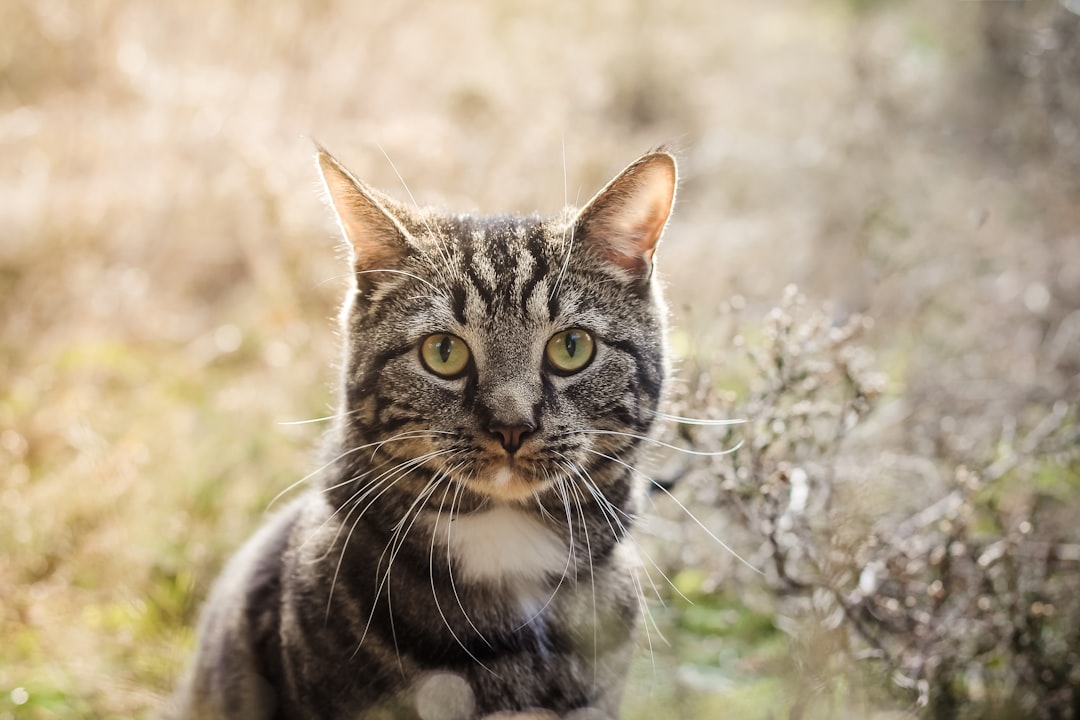
Conclusion: Balancing Fruits in Your Cat’s Nutrition
In conclusion, while the question can cats eat raspberries often arises, it’s essential to understand that fruits should only be a small part of your cat’s diet. Cats are obligate carnivores, which means their primary nutrition needs come from meat. However, introducing safe fruits like raspberries can offer some health benefits, provided they are given in moderation.
Here are key takeaways for balancing fruits in your cat’s nutrition:
- Moderation is Key: Limit fruit intake to prevent digestive issues. A few pieces occasionally suffice.
- Nutritional Value: Raspberries provide antioxidants and vitamins, but they don’t replace essential cat food.
- Observation: Monitor any changes in behavior or health after introducing fruits. Some cats may not tolerate them well.
- Variety: Introduce a variety of safe fruits, alongside a balanced diet rich in proteins.
Always consult with your veterinarian before making significant changes to your cat’s diet, especially if you’re considering adding items like raspberries. Remember, keeping your feline healthy is the ultimate goal!
Frequently Asked Questions
Are raspberries safe for cats to eat?
Yes, raspberries are generally safe for cats in small amounts. They do not contain any toxic compounds that could harm your feline friend. However, it’s crucial to remember that cats are obligate carnivores, and their primary diet should consist of meat. While a few raspberries can be a healthy occasional treat, they should not replace their regular meals.
What are the nutritional benefits of raspberries for cats?
Raspberries are low in calories and high in fiber, which can be beneficial for a cat’s digestive health. They also contain antioxidants, vitamins, and minerals, specifically vitamin C and manganese, which may support overall health. However, the quantity given should be limited since cats primarily need protein from animal sources.
How should I serve raspberries to my cat?
To serve raspberries to your cat, ensure that they are fresh and clean. You can offer a small piece whole, or mash it slightly for easier consumption. It’s important to observe your cat for any adverse reactions after the first serving. If they enjoy it and show no negative effects, you can occasionally offer a few more as a treat.
What other fruits are safe for cats to eat?
In addition to raspberries, other fruits that are generally safe for cats include blueberries, small pieces of banana, and slices of melon. Always introduce new fruits gradually and ensure they are given in moderation. Avoid toxic fruits such as grapes and citrus fruits like oranges, as these can cause gastrointestinal upset in cats.

